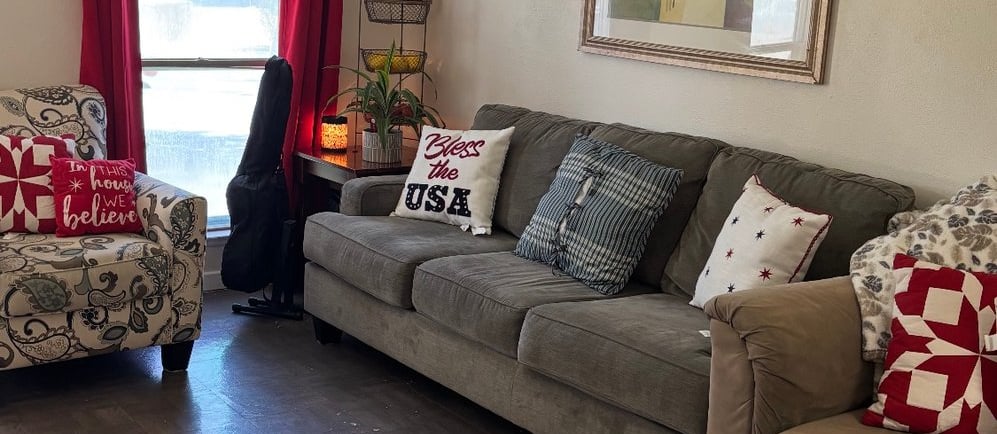Conversations with Hospice Caregivers: Guiding Families Through End-of-Life Care
When a loved one enters hospice care, families are often filled with questions, emotions, and uncertainty. It can feel overwhelming to balance the practical needs of care with the emotional weight of preparing for the end of life. Hospice caregivers play a vital role during this time. They are not only trained to provide medical support but also to walk alongside families with compassion, patience, and understanding. Open conversations with hospice caregivers are essential to creating a supportive environment where everyone feels heard and cared for.
8/22/20252 min read


Discussing Comfort and Pain Management
One of the most important topics to bring up with a hospice caregiver is comfort. Families often want reassurance that their loved one will not suffer during the final stages of life. Ask caregivers about pain management plans, what medications are available, and how symptoms such as shortness of breath, anxiety, or restlessness will be managed. These conversations ensure that both the patient and family members understand the options available and feel confident that comfort is always the top priority.
Understanding Daily Care Needs
It is also helpful to talk with hospice caregivers about the daily care routines for your loved one. Families may want to know who will help with bathing, meals, repositioning, or other personal needs. Discussing these routines can reduce stress, clarify responsibilities, and make family members feel more comfortable participating in care. Caregivers can also teach families techniques to help keep their loved one safe and comfortable at home.
Exploring Emotional and Spiritual Support
End-of-life care goes beyond medical attention. Hospice caregivers are trained to support emotional and spiritual needs as well. Families should feel encouraged to share their loved one’s values, traditions, and beliefs. This helps caregivers honor what matters most during this transition. Whether it is arranging visits from a chaplain, creating space for prayer, or simply being present for conversations about meaning and legacy, these moments are vital for both patients and their families.
Clarifying Family Roles and Expectations
Families often wonder how they can best help during hospice care. Open conversations with caregivers can clarify roles and expectations. Some families want to be very hands-on, while others may prefer to focus on simply being present. Discussing what the caregiver will handle and what the family can do prevents misunderstandings and allows everyone to feel more confident in their contribution.
Preparing for the Final Moments
Although difficult, it is important to talk with hospice caregivers about what to expect during the final moments of life. Understanding signs of decline, how the body may change, and what families should do can reduce fear and uncertainty. Caregivers can guide families through this stage with sensitivity and compassion, ensuring no one feels alone when the time comes.
Building Trust Through Communication
Ultimately, conversations with hospice caregivers are about building trust. Families should feel free to ask any question, share their worries, and voice their hopes. Hospice care is most effective when it is personalized, and that only happens when open dialogue is encouraged. By talking honestly and often with caregivers, families create an atmosphere of love, support, and dignity for their loved one’s final journey.
Care Comfort Dignity
"May Life Always Give You Caring Hands"
© 2025. All rights reserved.
Call or Text 361-290-5900
